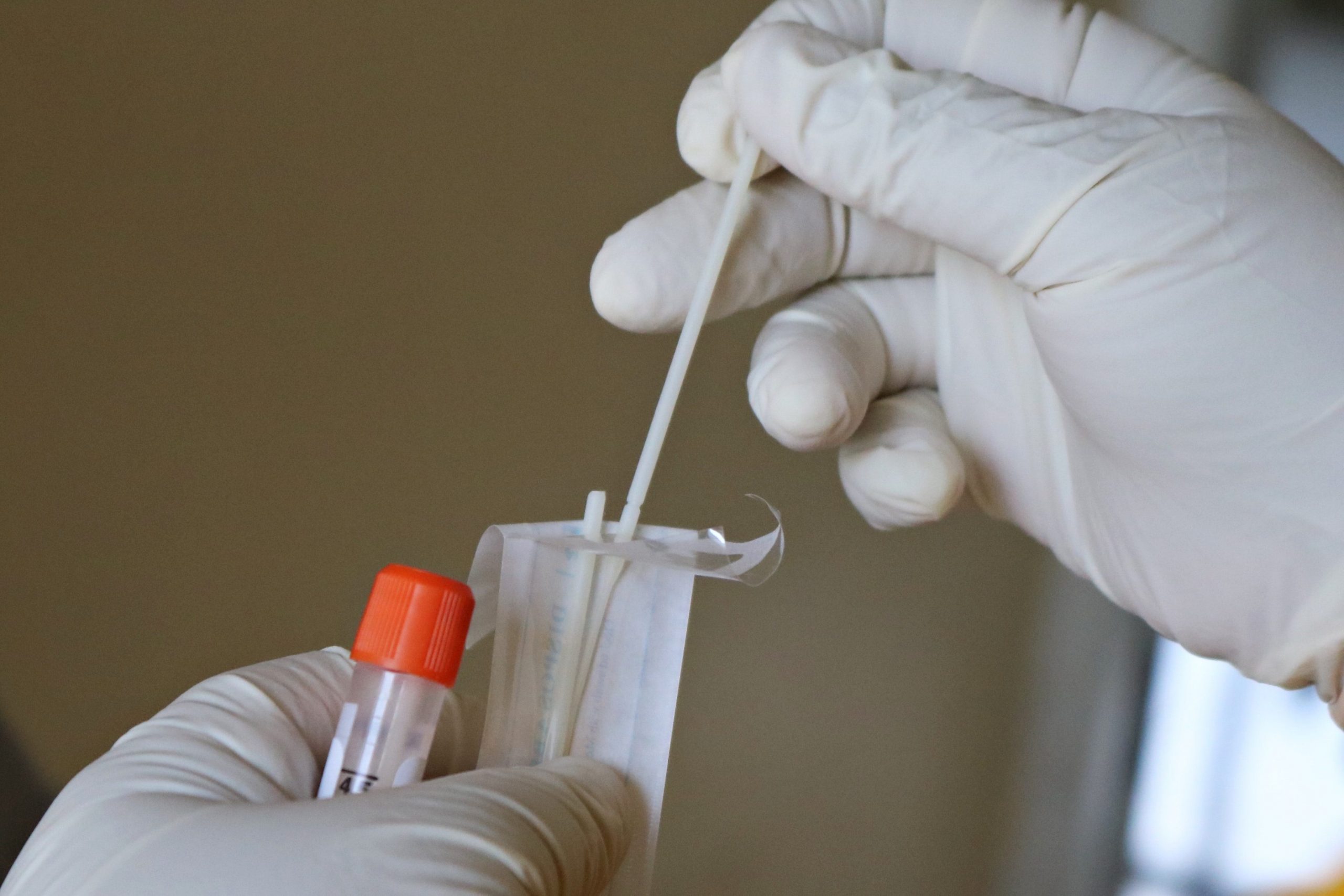The Omicron Covid-19 variant has been registered in Qatar.
Qatar has officially confirmed its first four cases of the new Omicron Covid-19 variant, state news agency QNA reported on Friday.
The four cases were Qataris and residents who had returned from travels abroad and are currently quarantining at secure facilities, the report added.
Of the four, three of those found to be Omicron positive had been fully vaccinated at least six months ago, while the final individual was unvaccinated.
South African scientists were the first to stumble across would be known worldwide as the Omicron variant of the coronavirus, with European health agencies confirming the variant was already in the Netherlands a week before South Africa reported Omicron to the World Health Organization.
Read also: Can you “mix-and-match” COVID vaccines?
Reports have now suggested that Omicron, while more contagious, does not seem to be any more dangerous than previous Covid-19 variants.
However, predictions by the European Centre for Disease Prevention and Control highlight that the new mutant could become “the dominant variant in Europe within months.”
The World Health Organization said: “Even if the severity is equal or potentially even lower than for Delta variant, it is expected that hospitalisations will increase if more people become infected,” the report added.
“Further information is needed to fully understand the clinical picture of those infected with the Omicron variant.”
Earlier this month, health officials in Qatar warned the rise in daily Covid-19 reported cases is “not a cause for alarm” but the emergence of the new mutant is a global reminder that the battle against Covid-19 is not yet over.
The recent comments from Dr. Jameela al-Ajmi, executive director of Corporate Infection Prevention & Control at Hamad Medical Corporation, came shortly after Saudi Arabia, the United Arab Emirates, and Oman all reported their first cases of the new coronavirus variant, recording the first known Omicron infections in the Gulf region.
Qatar currently has 2,356 active Covid-19 cases and has recorded a total of 614 deaths since the pandemic started. According to the latest figures from the Ministry of Public Health, 85.8% of the total population have received at least two doses of the Covid-19 vaccine.
Figures show 196,692 booster shots have also been administered in Qatar.
“We can all play a part in the ongoing fight against Covid-19 through three main actions: 1) getting vaccinated, including having a booster vaccine when your are eligible; 2) getting tested quickly if you experience signs and symptoms of Covid-19 or have been exposed to a Covid case; and 3) adhering to the precautionary measures, including social distancing, regular hand-washing and wearing of mask as it has been proven to reduce the spread of the virus,” Dr Al-Ajmi said.
Health authorities have yet to reimpose restrictions in response to the latest developments.
Pfizer booster shot ‘effective’ against Omicron
As the Omicron variant continues to spread worldwide, Pfizer revealed its booster shot of the Covid-19 vaccine was able to neutralise the new variant, as per results from new lab studies.
In a statement, BioNTech said that the third dose increases the level of “neautralising antibodies” against the new mutant. Scientists have also said that the jump in antibodies from the extra jab might be enough to protect the receiver from severe symptoms.
“Although two doses of the vaccine may still offer protection against severe disease caused by the Omicron strain, it’s clear from these preliminary data that protection is maximised with a third dose of our vaccine,” Pfizer CEO Albert Bourla said in a statement.
“Ensuring as many people as possible are fully vaccinated with the first two dose series and a booster remains the best course of action to prevent the spread of Covid-19,” Bourla said.
The initial two doses, however, showed to be significantly less effective.
Read also: Qatar issues travel rules update as Omicron detected in GCC.
The company also said that an Omicron-specific version of their coronavirus vaccine is currently under development and would be available by March.
Follow Doha News on Twitter, Instagram, Facebook and Youtube







